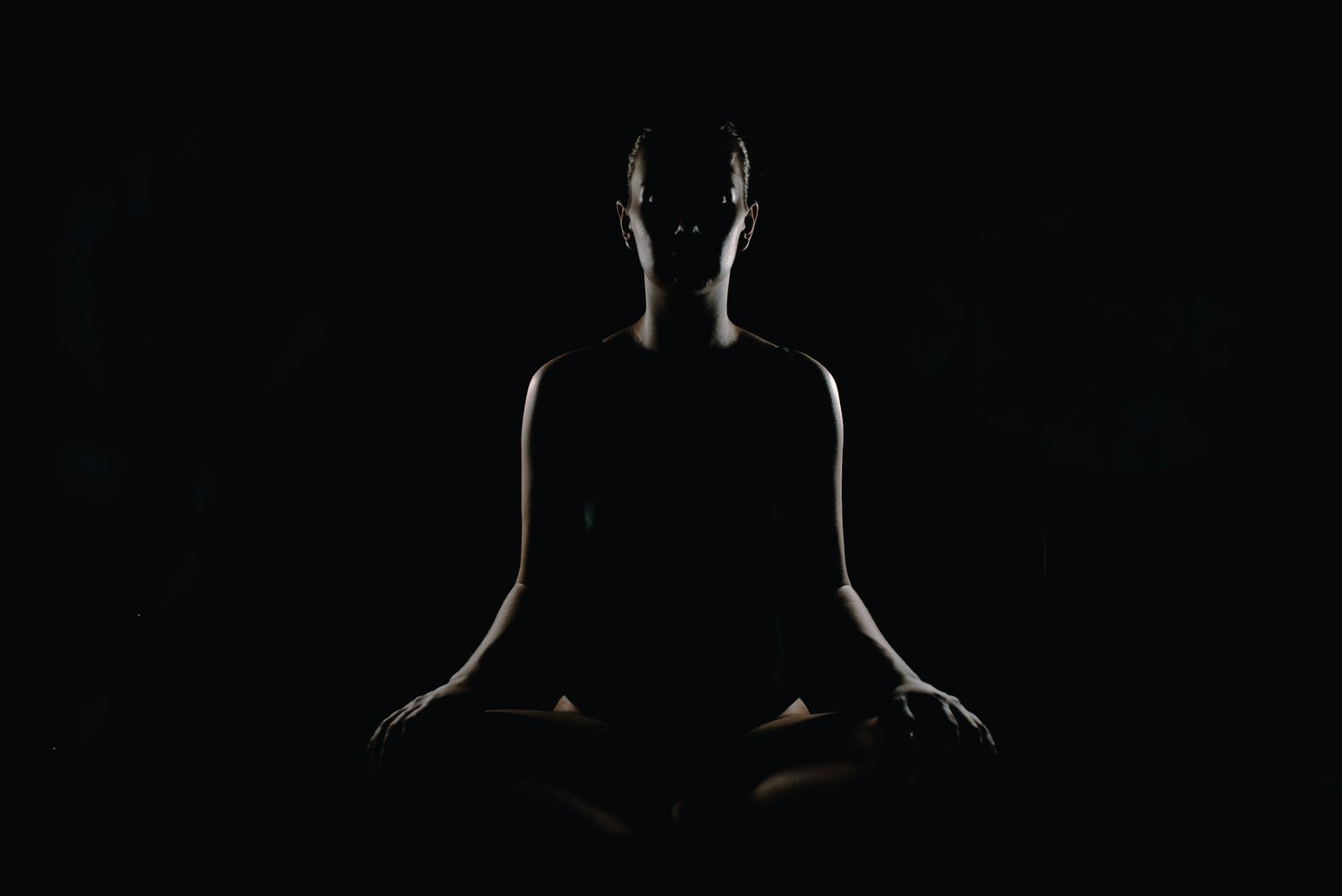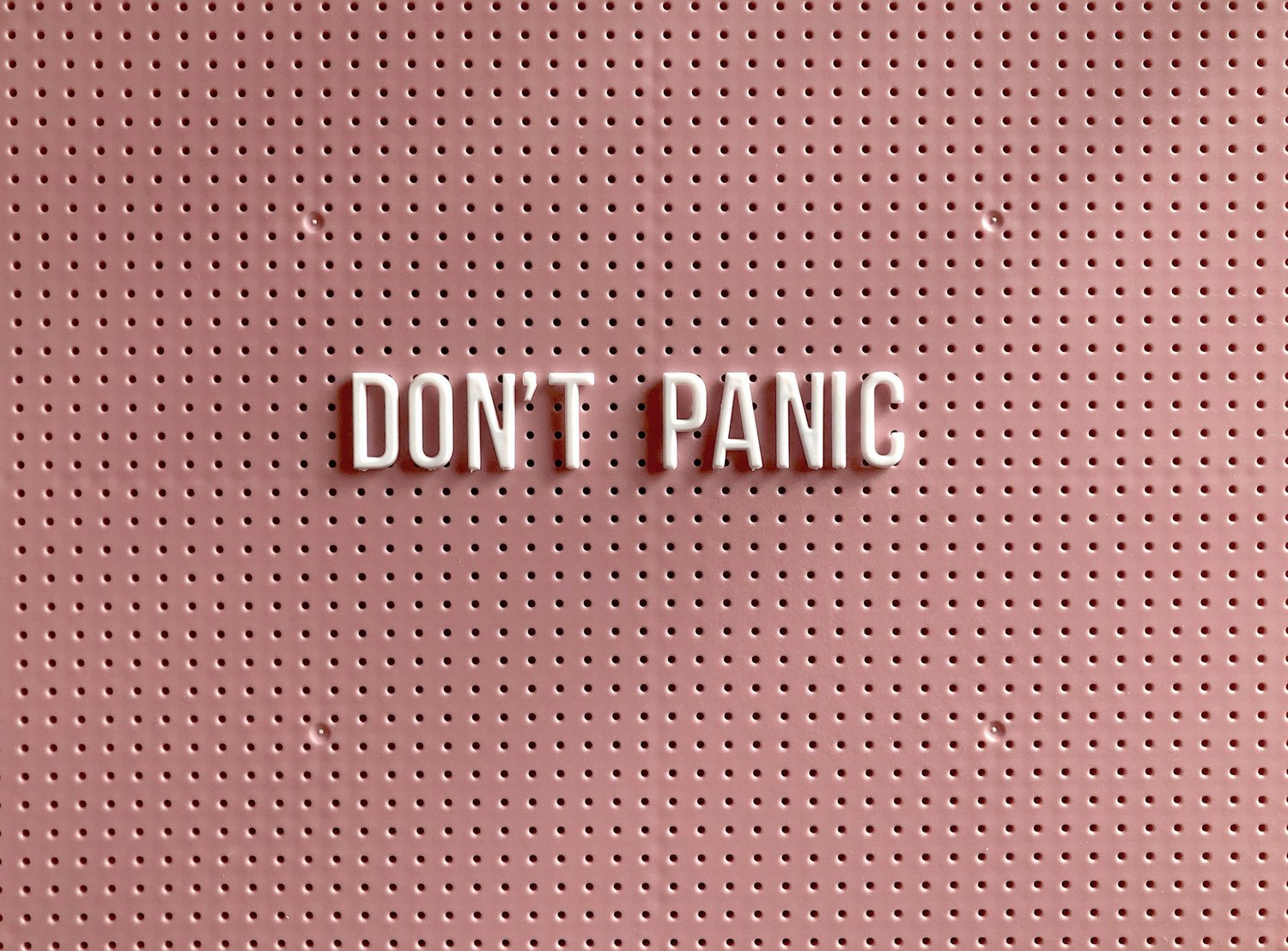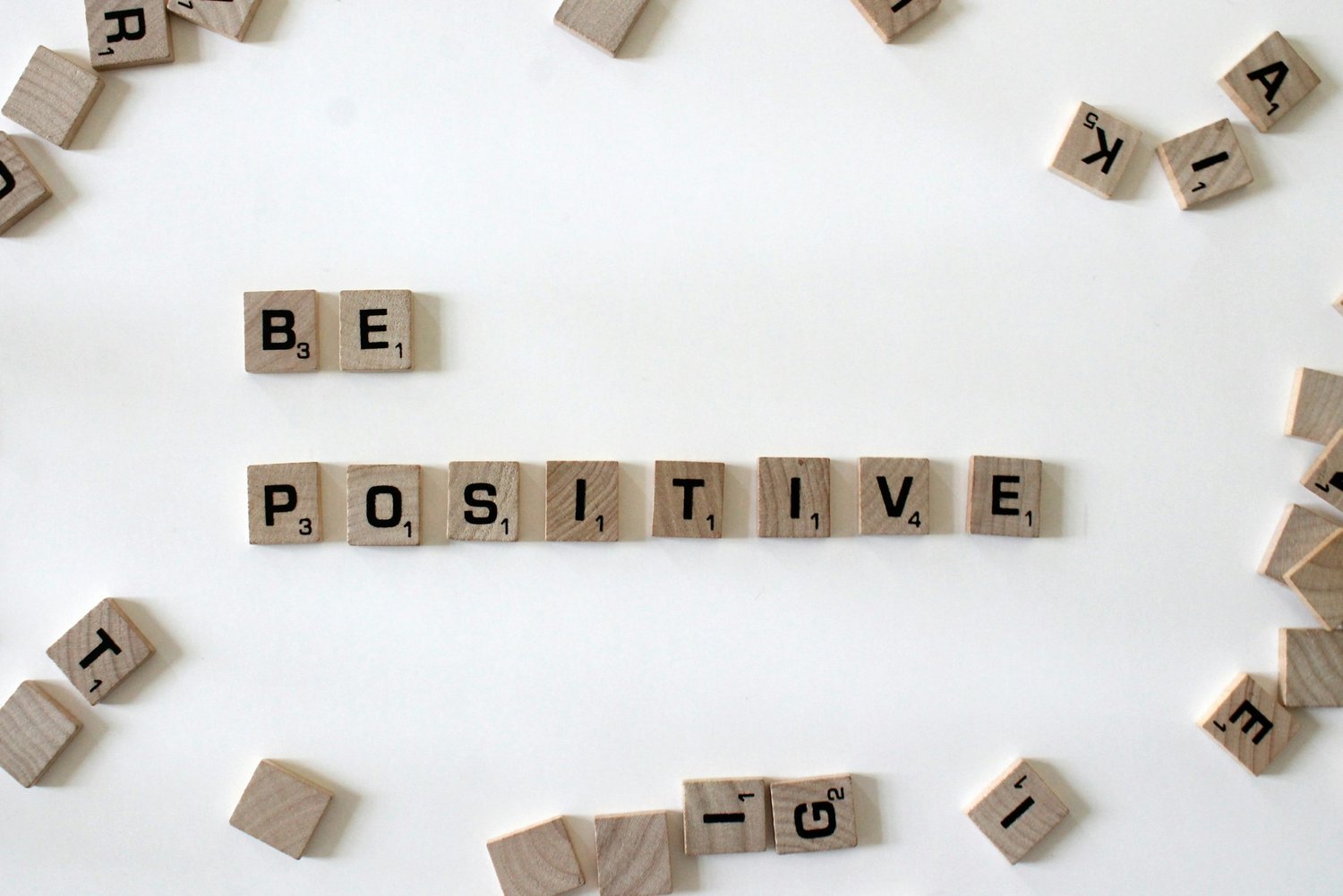
Building Mental Resilience: How to Stay Strong Through Life’s Challenges
Mental resilience is the ability to bounce back from stress and setbacks with strength and clarity. By staying connected, focusing on what you can control, and taking care of your body and mind, you can build the tools to navigate life’s challenges more confidently.

How to Get Better Sleep and Why It’s Important
Sleep isn’t just about rest—it’s how your body and brain recharge, heal, and stay balanced. With a few small changes to your routine, you can improve your sleep, boost your energy, and feel better every day.

How to Deal with Anxiety: Practical Tools for Calming Your Mind
Anxiety is a normal part of life, but when it starts to affect your focus, sleep, or daily routine, it’s time to take action. With simple tools like breathing techniques, grounding exercises, and supportive habits, you can calm your mind and feel more in control.

The Benefits of Meditation: A Simple Practice for a Calmer Mind
Meditation is a simple practice that helps calm the mind, reduce stress, and improve focus. Just a few minutes a day can make a noticeable difference in how you feel, think, and respond to daily challenges.

Finding a Better Work-Life Balance: Tips for Employees
Work-life balance isn’t about perfect scheduling—it’s about creating space for both your job and your personal life in a way that supports your wellbeing. With a few small shifts in routine and boundaries, you can reduce stress, protect your time, and feel more in control.

The Power of Positive Thinking: How Your Mindset Shapes Your Day
Positive thinking is more than just optimism—it’s a mindset that builds resilience, improves mental and physical health, and helps you navigate challenges with confidence. With small daily shifts in how you think and respond, you can create a more hopeful, balanced outlook.

5 Simple Things to Do with Your Toddler After Work (Before Bedtime)
The time between finishing work and putting your toddler to bed can feel rushed, but it’s full of opportunities to bond. With a few simple activities—like helping with dinner, taking a walk, or reading together—you can create calm, meaningful moments to end the day well.

Understanding the Stages of Grief: What to Expect and How to Cope
Grief can feel overwhelming and unpredictable, but understanding the emotional stages—like denial, anger, and acceptance—can help you make sense of what you’re going through. Everyone grieves differently, and there’s no right or wrong way to feel—only your way.

Not Into Meditation? Here’s Why Reading Might Be Just as Good
Meditation isn’t for everyone—but that doesn’t mean you can’t find calm, clarity, and mindfulness elsewhere. Reading offers many of the same benefits, helping to reduce stress, slow your thoughts, and create moments of peace in a way that feels natural and enjoyable.

Why “Me Time” Matters: Making Space for Yourself in a Busy World
Taking time for yourself isn’t selfish—it’s essential. Even just a few quiet minutes of “me time” each day can help recharge your energy, improve your mood, and support your overall mental wellbeing.

What Is Mindfulness and Mental Clarity? How Do You Practise It?
Mindfulness is the simple practice of paying full attention to the present moment—without judgement or distraction. Whether you're overwhelmed at work or feeling scattered at home, learning how to focus your mind can bring a sense of calm and clarity to even the busiest day.
Building Emotional Resilience
Emotional resilience is the ability to bounce back from stress, setbacks, and uncertainty. While it might seem like something you're born with, resilience is a skill anyone can build—with the right mindset, support, and daily habits.

Effective Strategies for Goal Setting
Setting goals gives you direction—but it’s the right strategies that turn those goals into progress. Whether you’re saving money, getting fit, or changing careers, a clear plan and simple steps can help you stay motivated and make real progress over time.

The Power of Exercise on Your Mental Health
Exercise isn’t just good for your body—it’s a powerful tool for supporting your mental health. Even gentle movement can lift your mood, reduce stress, and help you feel more in control when life feels overwhelming.

Burnout: Signs to Watch For and How to Prevent It
Burnout doesn’t happen overnight—it builds over time when stress goes unmanaged. By learning to spot the signs early and taking small steps to protect your wellbeing, you can avoid reaching the point of total exhaustion.

Why Do Mornings Feel So Hard?
Waking up feeling groggy and low on energy? You’re not alone. Whether it’s lack of sleep, a busy schedule, or general burnout, morning fatigue can be tough to shake. The good news is, a few simple tweaks to your morning routine—like getting sunlight, moving your body, and fuelling up with the right breakfast—can make a big difference to how energised you feel.

Why Is It So Hard to Fall Asleep Sometimes?
Struggling to fall asleep can be frustrating, especially when your mind won’t switch off after a long day. But with a few simple strategies—like building a calming bedtime routine, limiting screen time, and being mindful of what you eat and drink—you can train your body to fall asleep faster and sleep more deeply.

Why Is Sleep So Important?
Getting enough good-quality sleep isn’t a luxury, it’s a vital part of staying healthy. From boosting your mood and energy to strengthening your immune system, sleep plays a role in almost every part of your wellbeing.
